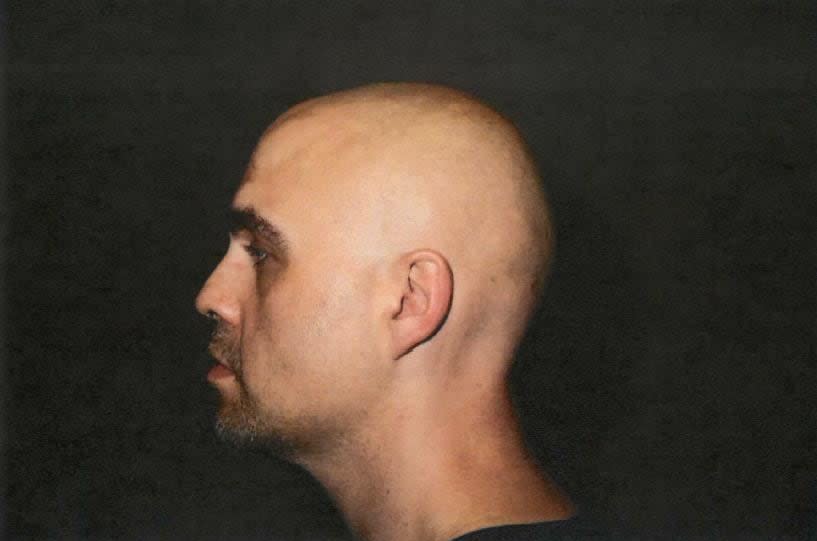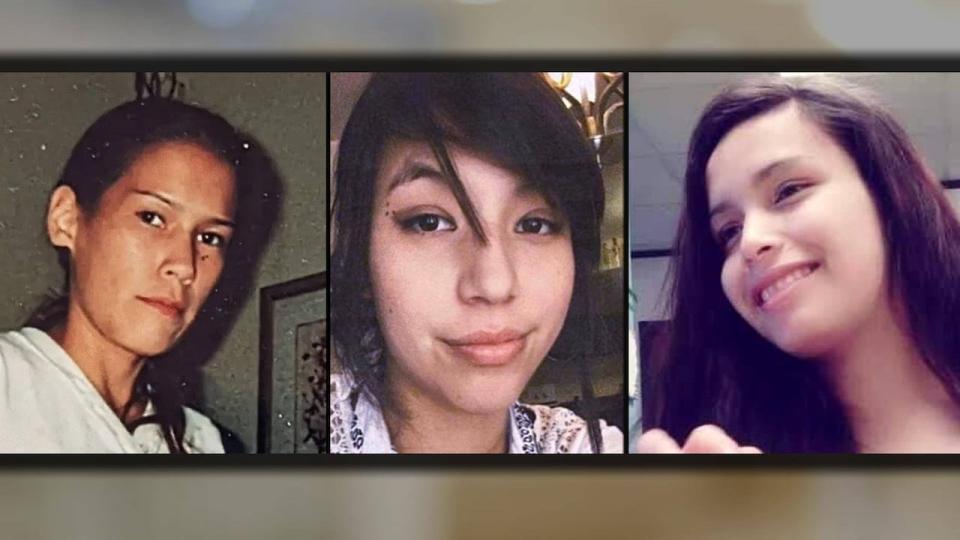Winnipeg serial killer's claimed delusions were fabricated, Crown's forensic psychiatrist testifies

WARNING: This story contains distressing details.
The forensic psychiatrist hired by prosecutors to assess an admitted Winnipeg serial killer's mental state says he concluded Jeremy Skibicki fabricated claims that hallucinations and delusions told him to kill four women in 2022.
Dr. Gary Chaimowitz said he found no evidence to support a conclusion that Skibicki, 37, has schizophrenia, as another expert — Dr. Sohom Das, who was enlisted by the defence to assess Skibicki's mental state — testified on Tuesday.
"I believe that the plethora of symptoms that Mr. Skibicki described to me and Dr. Das are fabrications of a major mental disorder, which is understandable given his situation," Chaimowitz testified Wednesday, adding Skibicki had never previously been diagnosed with schizophrenia by any of the psychiatrists who assessed him.
"That speaks loudly to the absence of a major mental disorder. It would not suddenly occur at this juncture point."
Instead, the Ontario-based psychiatrist said his opinion is that Skibicki was driven to kill the women whose deaths he's now on trial for by homicidal necrophilia — an arousal to having sex with people he's killed.
Court previously heard Skibicki said he performed sex acts on the bodies of all four women after killing them.
Chaimowitz said "given the gravity and horror of his acts" and their potential consequences if convicted of murder, Skibicki had a motivation to exaggerate or fake symptoms of a mental disorder during his psychiatric evaluations.
He also testified Wednesday that he determined Skibicki has an antisocial personality disorder and a substance abuse disorder, following assessments he conducted for a total of roughly eight hours over two days last month.
Skibicki has pleaded not guilty to four first-degree murder charges in the deaths of three First Nations women — Rebecca Contois, 24, Morgan Harris, 39, and Marcedes Myran, 26 — and an unidentified woman community leaders have given the name Mashkode Bizhiki'ikwe, or Buffalo Woman, who police have said they believe was an Indigenous woman in her 20s.
Skibicki admitted to police in an interview after his May 2022 arrest that he killed the four women, but his defence has argued he should be found not criminally responsible due to a mental disorder.

Left to right: Morgan Harris, Marcedes Myran and Rebecca Contois. (Submitted by Winnipeg Police Service and Darryl Contois)
Das, the U.K.-based forensic psychiatrist hired by the defence, testified earlier this week that Skibicki hold him he was actually encouraged to kill the women by voices he was hearing at the time — and claimed he'd told police a different story because he'd been overtaken by an entity that could have been either God or the devil, which was speaking on his behalf.
Those details helped inform Das's conclusion that Skibicki was motivated by delusions and psychotic symptoms caused by schizophrenia when he killed the women, the defence expert told court.
Das's report and testimony on Skibicki were the only evidence presented by the defence.
Prosecutors have alleged the killings were racially motivated, and that Skibicki preyed on vulnerable Indigenous women at Winnipeg homeless shelters before killing the women and throwing their remains in the garbage.
Chaimowitz said Wednesday that in his view, Skibicki doesn't meet the criteria to be found not criminally responsible in the killings because he didn't have a mental disorder that made him unable to understand what he was doing or that it was wrong.
He testified that the killings appeared to be "semi-planned" and organized and had "both racial enmity and a necrophiliac drive." The psychiatrist also said the fact that Skibicki is "soft-spoken, outwardly gentle, and thoughtful are features that can disarm potential victims."
Chaimowitz also noted in his report that it was only sometime after Skibicki's arrest and police interview that he started talking about getting messages from God, "along with what could have been constructed as auditory and visual hallucinations as well as grandiose delusions."
The psychiatrist wrote that the likelihood that the killings were "a function of psychosis" seemed extremely low, "even if these thoughts were present (which I think is highly unlikely)."
Chaimowitz also noted in his report that the women who Skibicki killed belonged to "a vulnerable accessible group whose disappearance unfortunately may go relatively unnoticed."
The judge-alone trial before Manitoba Court of King's Bench Chief Justice Glenn Joyal in Winnipeg began hearing evidence on May 8. It resumed Monday after a break following the conclusion of the Crown's case on May 22.
Closing submissions are expected to happen after Chaimowitz's testimony.
Support is available for anyone affected by these reports and the issue of missing and murdered Indigenous people. Immediate emotional assistance and crisis support are available 24 hours a day, seven days a week through a national hotline at 1-844-413-6649.
You can also access, through the government of Canada, health support services such as mental health counselling, community-based support and cultural services, and some travel costs to see elders and traditional healers. Family members seeking information about a missing or murdered loved one can access Family Information Liaison Units.

 Yahoo News
Yahoo News 
